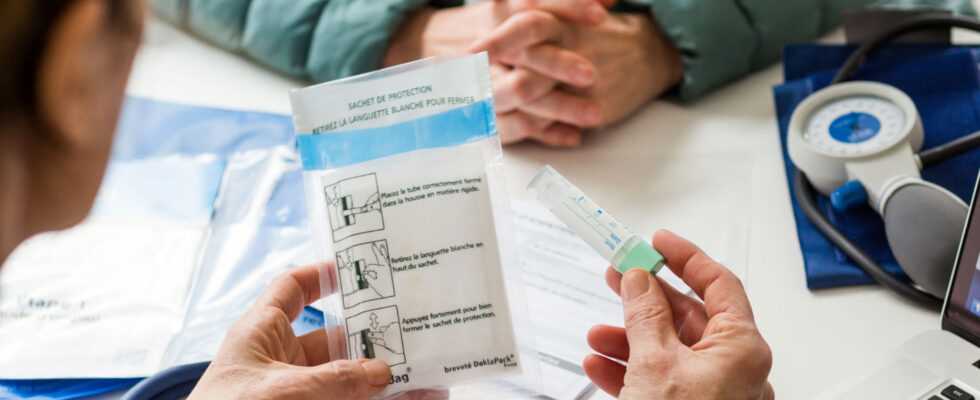It is a disease not very well known which is however, behind breast cancer, is the second which registers new cases. Each year, colorectal cancer affects 43,000 people in France, including 54% men and 46% women. In all, 95% of cases are detected after the age of 50. On the occasion of Operation Blue Mars, the team of Good for you received Stéphanie Barré, coordinator of cancer screening programs at the INCA (National Cancer Institute), who spoke about the different ways to avoid this disease.
Early detection to reduce risk
Colorectal cancer results in a disease of the cells of the lining of the colon, which goes from the intestine to the rectum. This gives either a benign tumour, called a polyp or adenoma, or in 2-3% of cases, cancer. The more polyps you have, the more likely you are to develop cancer, which develops very slowly.
This is why screening is an essential step. “It’s the ‘chance’ we have with this cancer, it’s that we have plenty of time to intervene, to detect it, to suspect the presence of polyps. As soon as you suspect the presence of a polyp, you can remove it before it turns into cancer”, explains Stéphanie Barré at the microphone of Europe 1. The chances of survival are “excellent: it is 90% at five years, it is cured 9 times out of 10”, continues the coordinator, who emphasizes intervention “at a very early stage”.
Since March 1, you can now order a screening test on an online ordering site directly, by presenting the letter inviting you to be tested. This is the site monkit.dépistage-colorectal.fr.
Eat a healthy diet and avoid alcohol
Beyond screening, we can also adopt good behaviors to reduce the risk of developing colorectal cancer. The first factor concerns food. Stéphanie Barré explains that you can “influence the risk by reducing your consumption of red meat or processed meat, by eating more fiber (fruits, vegetables)”.
The INCA coordinator insists above all on reducing alcohol consumption. “It’s the second risk factor for colorectal cancer,” she says. “Alcohol is no more than two glasses a day and not every day, it’s important”, recalls Stéphanie Barré on Europe 1.
